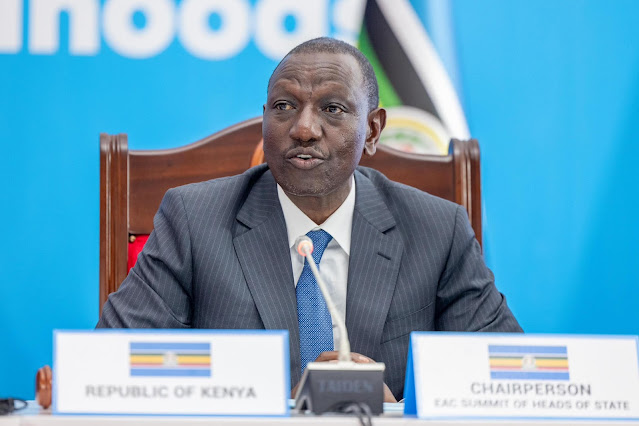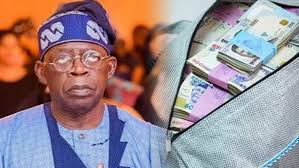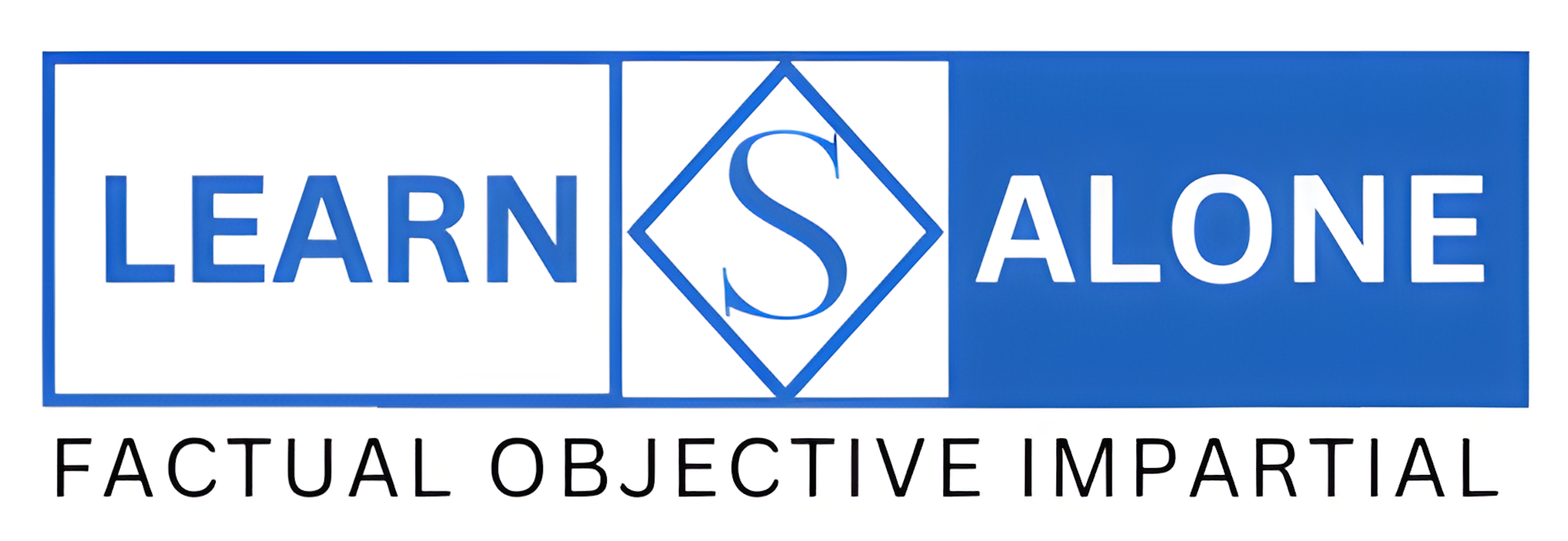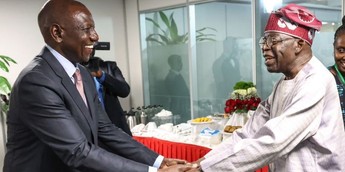As we welcome 2024, many individuals and organizations reflect on the achievements and challenges of the past year. The Organized Crime and Corruption Reporting Project (OCCRP), a global network of investigative journalists, has released its annual rankings of the world’s most corrupt leaders. Kenyan President William Ruto and Nigerian President Bola Tinubu have been ranked second and third, respectively, following former Syrian President Bashar al-Assad, who tops the list.

Kenyan President William Ruto’s Controversial Tenure
President William Ruto’s administration has faced extensive criticism for alleged corruption and economic mismanagement. In 2024, Kenya experienced widespread protests sparked by a contentious finance bill proposing significant tax increases. These demonstrations quickly expanded into a broader movement, with citizens expressing discontent over the government’s economic policies and perceived corruption, culminating in calls for Ruto’s resignation.
The government’s response to the protests, which involved deploying security forces, has led to reports of injuries, deaths, and disappearances, drawing widespread condemnation from human rights organizations. Additionally, allegations have emerged about the administration prioritizing personal luxuries over public welfare. Reports indicate that over $1 million was spent on receptions and hospitality during the first six months of Ruto’s presidency. Frequent foreign trips on luxurious jets have also fueled public outrage amid the country’s economic struggles.
Interestingly, while former Syrian President Bashar al-Assad secured the top spot in OCCRP’s rankings, Ruto received the highest number of public nominations, with over 40,000 individuals voting him as “Person of the Year” in organized crime and corruption. However, the jury ultimately awarded Assad the dubious title.

Nigerian President Bola Tinubu’s Administration Under Scrutiny
In Nigeria, President Bola Tinubu’s tenure has been marred by accusations of corruption and controversial economic reforms. The removal of a longstanding fuel subsidy, a key policy of his administration, has led to widespread inflation and fuel scarcity, worsening the economic hardships faced by many Nigerians. Critics have also accused Tinubu of awarding significant infrastructure contracts to companies linked to his family, raising concerns about nepotism and graft.
Tinubu’s past has also come under renewed scrutiny, with allegations of prior involvement in drug trafficking in the United States and accusations of certificate forgery surfacing shortly after his inauguration in 2023. These controversies have intensified public dissatisfaction, leading to protests and increasing demands for accountability and governance reforms.
OCCRP’s 2024 Rankings and Public Sentiment
The OCCRP’s rankings are based on the impact and scale of corruption and organized crime associated with global leaders. While Bashar al-Assad was awarded the “Person of the Year” title, the unprecedented number of public nominations for President William Ruto highlights the extent of public concern over his administration. Similarly, Tinubu’s inclusion underscores significant governance challenges in Nigeria.
These rankings underscore the widespread governance and corruption issues facing some of Africa’s largest economies. Public outcry for transparency, reform, and accountability continues to grow as citizens demand better leadership.
Global Reactions to the OCCRP Findings
The OCCRP’s findings have triggered mixed reactions globally. In Indonesia, former President Joko Widodo, also known as Jokowi, was listed among the world’s most corrupt leaders. Jokowi has strongly denied these allegations, describing them as a politically motivated smear campaign.
In Kenya, dissatisfaction with President Ruto’s administration has become increasingly evident. Citizens have expressed frustration over unfulfilled campaign promises and are demanding accountability, particularly concerning budget management, taxation, and public expenditure.
Implications for Governance
The inclusion of these leaders in the OCCRP’s 2024 rankings highlights the persistent challenges of corruption and its impact on governance and public trust. Allegations against Presidents Ruto and Tinubu point to broader systemic issues in combating corruption and promoting transparency.
As these revelations continue to unfold, both domestic and international stakeholders will closely monitor the actions taken by these leaders to address public concerns. Implementing meaningful reforms could restore public trust and pave the way for improved governance and accountability.



